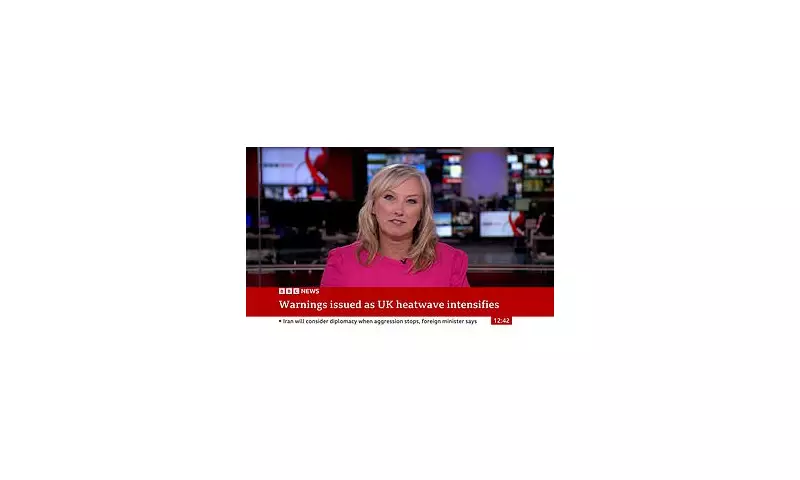
A BBC newsreader has found themselves at the centre of an internal investigation after making an unscripted facial expression while reading a report containing gender-inclusive language about pregnancy.
The incident occurred during a broadcast when the presenter, whose identity remains undisclosed, visibly grimaced after reading the term "pregnant people" from their autocue. The reaction was captured on camera and quickly circulated among staff, prompting questions about professional conduct and impartiality.
Internal Response and Staff Sentiment
According to sources within the corporation, management has launched a formal inquiry into whether the presenter breached BBC guidelines on maintaining impartiality and professional demeanour. However, many colleagues have reportedly expressed sympathy with the newsreader, suggesting the reaction was human and understandable.
One BBC insider revealed: "There's a feeling among staff that management are making a mountain out of a molehill. The general consensus is that everyone pulls faces in the gallery - it's just part of the job. The fact this has been escalated seems disproportionate."
Panorama Faces Separate Controversy
In a separate development that compounds the BBC's challenges this week, the flagship investigative programme Panorama is facing allegations of manipulating footage of former US President Donald Trump. Critics claim the show edited Trump's speech in a manner that misrepresented his comments, raising further questions about editorial standards.
The dual controversies come at a sensitive time for the broadcaster, which has frequently found itself navigating the complex landscape of language and representation in its reporting.
Broader Context of Language Debates
The use of gender-neutral terminology in healthcare and public broadcasting has become increasingly common but remains contentious. While advocates argue that terms like "pregnant people" are more inclusive of transgender and non-binary individuals who can become pregnant, critics maintain that such language erases women.
The BBC's own style guide has evolved to reflect these changing norms, though the implementation across different departments appears inconsistent, creating challenges for presenters navigating this linguistic minefield on air.
As both investigations proceed, the incidents highlight the ongoing tensions between traditional broadcasting standards, evolving social norms, and the very human reactions of those delivering the news to millions of viewers daily.





